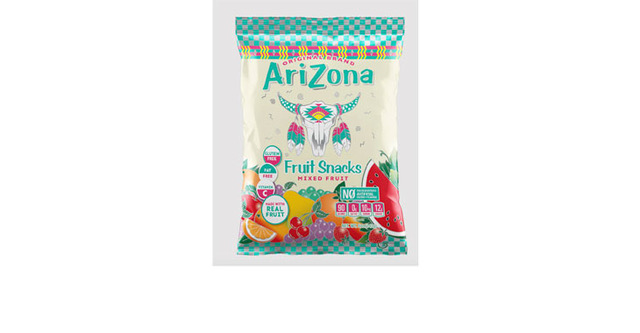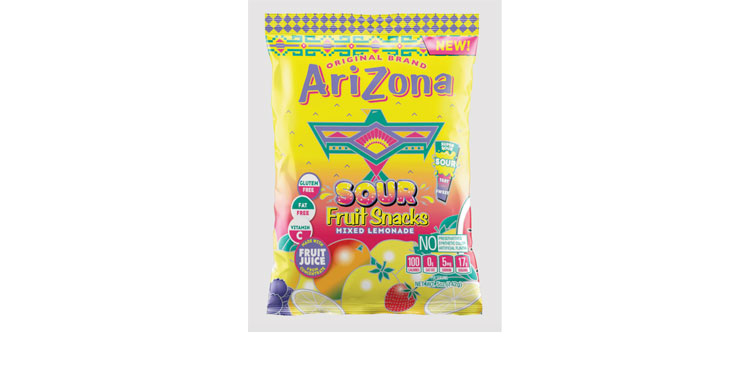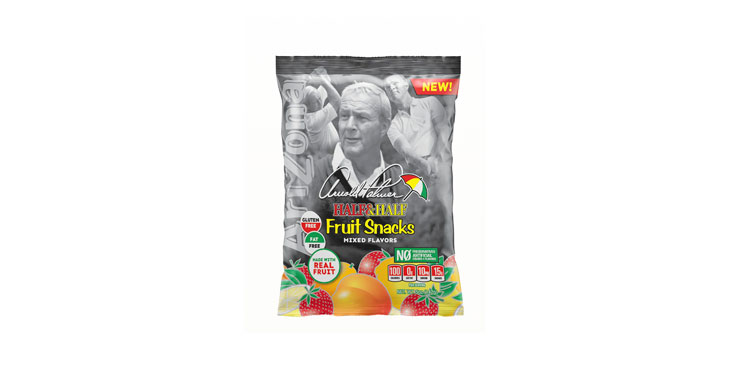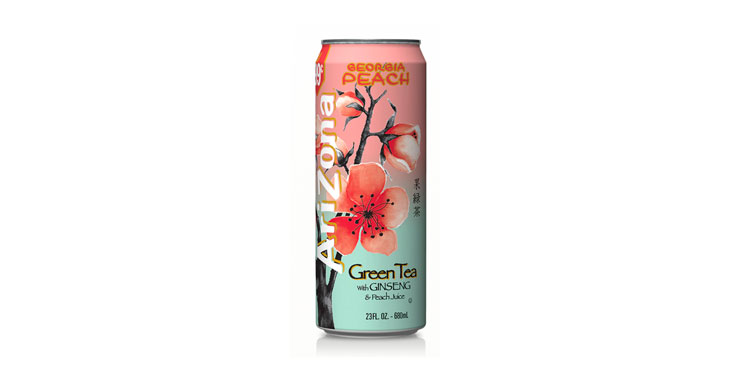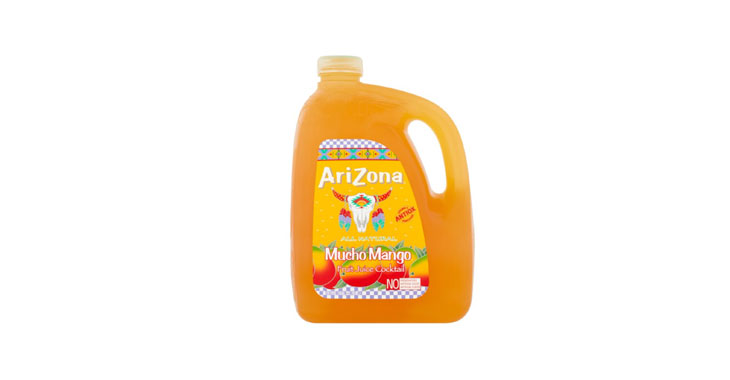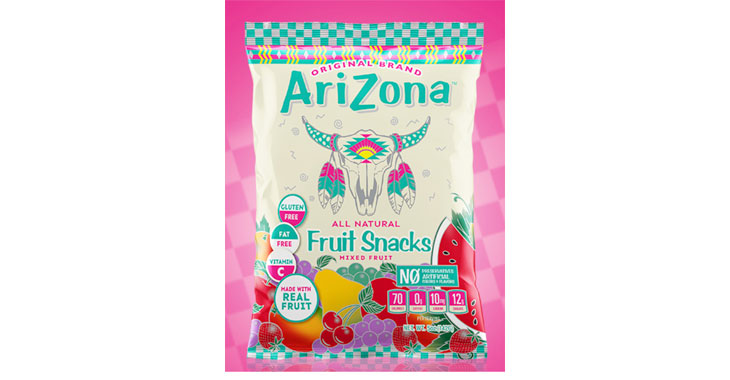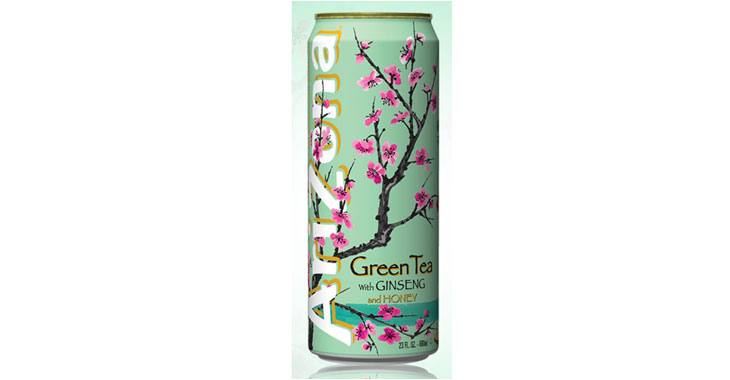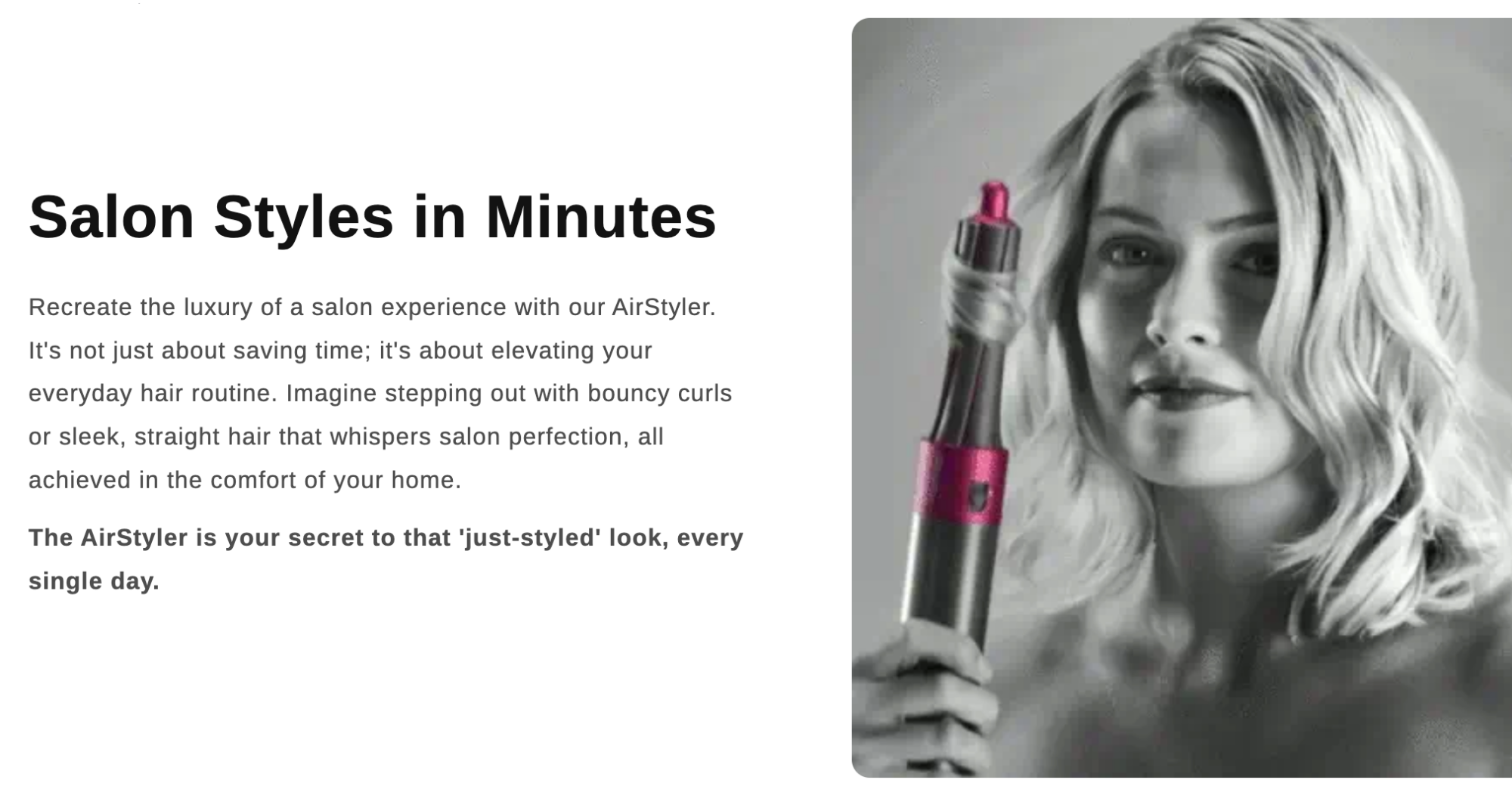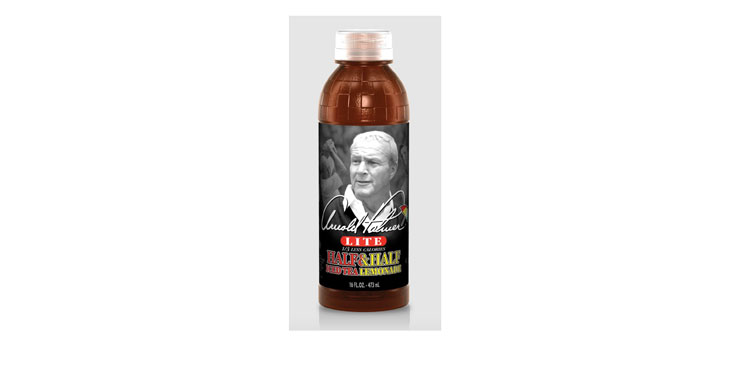
Arizona Arnold Palmer Lite Half & Half Ice Tea Lemonade
Allegations: Misleadingly marketing products as “Lite” when sugar is the second most predominant ingredient and they are not low in calories
In October 2020, a class-action lawsuit was filed against Arizona Beverages USA for allegedly misleadingly marketing Arnold Palmer iced tea and lemonade beverages as “Lite” to make consumers think the drinks have fewer calories than other similar beverages when, according to plaintiffs, the Arnold Palmer drinks do not have at least one-third fewer calories than similar beverages, as required by federal regulations when making “Lite” claims. (Prater et al v. Arizona Beverages USA LLC, Case No. 20-cv-9108, S.D.N.Y.)
For more of TINA.org’s coverage of the marketing of Arizona beverage, click here.
Allegations: Misleadingly marketing products as “Lite” when sugar is the second most predominant ingredient and they are not low in calories
Allegations: Falsely marketing that fruit snacks contain “No Preservatives” when they contain a preservative ingredient
Allegations: Falsely marketing that products contain no preservatives
Allegations: Falsely marketing products as containing “no preservatives” when they contain a preservative
Allegations: False natural claims
Allegations: Misleadingly marketing that products are “made with real fruit” when they don’t contain any fruit
Allegations: False natural claims
Allegations: Marketing beverages as “lite” when sugar is the second most predominant ingredient
Allegations: False natural claims
Allegations: Marketing beverages as “Vitamin C Fortified” in violation of FDA regulations and misleadingly marketing products as “All Natural”
Allegations: Misleadingly marketing beverages as having no calories when they contain more calories than federal regulations allow when making such claims
Allegations: False natural claims
In September 2020, a class-action lawsuit was filed against AriZona Beverages for allegedly misleadingly marketing Arnold Palmer beverages as “zero calorie” when, according to plaintiffs, the drink contains 15 calories.…
In February 2020, a class-action lawsuit was filed against the marketers of Arizona Fruit Snacks for allegedly falsely advertising the snacks as “all natural” when, according to plaintiffs, they contain…
September 2019: The Lockhart case was transferred from a court in California to one in New York. (Lockhart et al v. Beverage Marketing USA, Inc., Case No. 19-cv-5345, E. D.…
July 2019: This case was transferred to a court in New York where a related case, Kubilius v. Arizona Beverage Co., was filed. (Ashour v. AriZona Beverages, Case No. 19-cv-7081,…
July 2019: The claims of one of the named plaintiffs (Kubilius) were voluntarily dismissed When a complaint is dismissed with prejudice, it cannot be refiled., the reasons for which have…
March 2013: A federal judge granted the companies’ motion for summary judgment finding that plaintiffs have not presented any evidence showing that certain ingredients are artificial and a significant portion…
Don’t judge this Spotify feature by its cover.
Don’t be fooled by this website.
Verizon Super Bowl FanFest is hitting 30 cities for a Super Bowl experience like no other. You In?
This risk-free trial might have you pulling your hair out.
